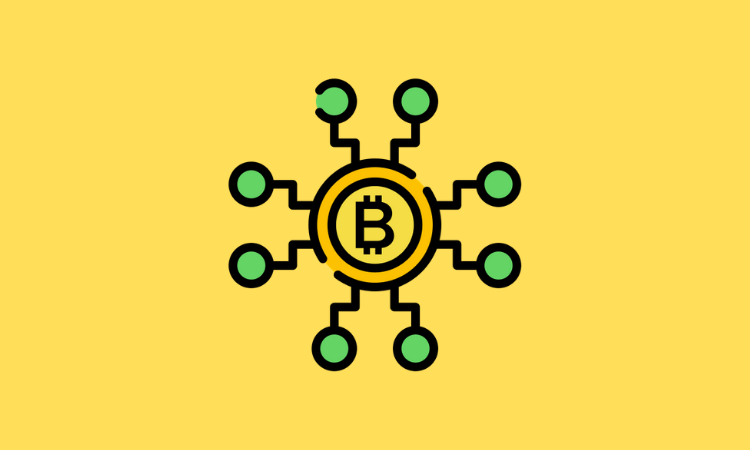Future of Investing, Member Exclusive, Podcasts
‘Stickiness to old products necessitates creating new asset management firms’: Arca’s Rayne Steinberg
- Rayne Steinberg was a co-founder of WisdomTree, an innovative asset management firm in the ETF space.
- His new firm, Arca, is a digital asset manager focused primarily on serving institutional investors.








